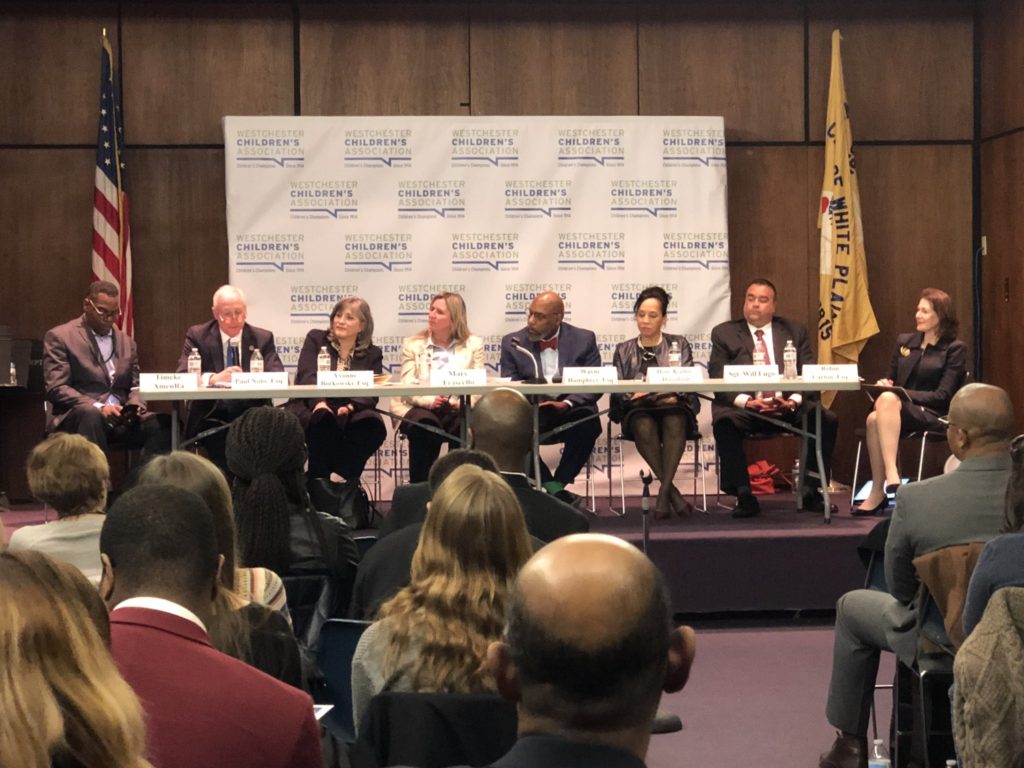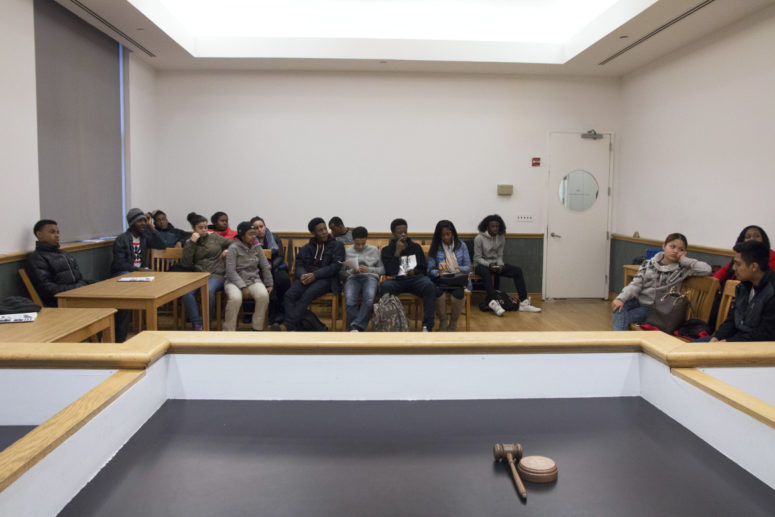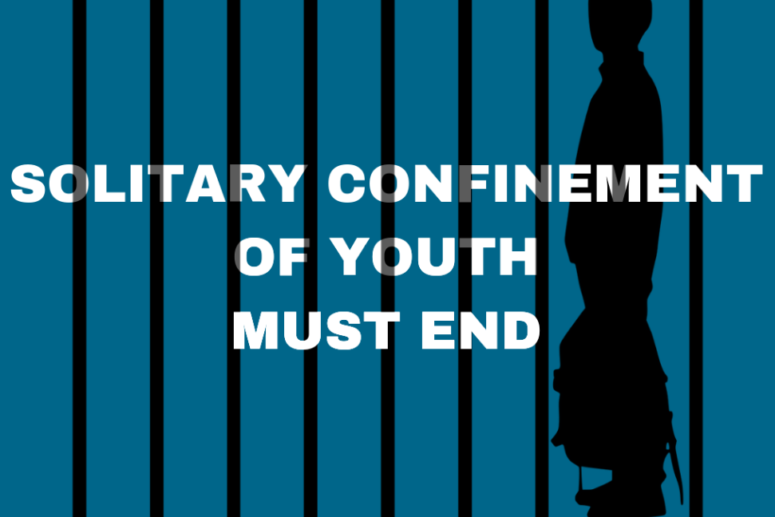April 12, 2019 – On October 2018, Raise the Age reform went into effect in the state of New York, marking the first of two phases of the reform. Implementation of any youth justice reform, especially one as sweeping as Raise the Age, is a complex process, impacting communities, courts and facilities.
Where do we stand, six months after its implementation?
Raise The Age NY has put together an Implementation Brief to help advocates, legislators, and family members understand where the reform stands and where it’s headed. Some highlights include:
- For the first three months of implementation, 88 percent of felony-charged 16-year-olds had their cases transferred from the Youth Part of adult Criminal Court to Family Court. This is what the law was designed to do: have the vast majority of youth’s cases proceed in the Family Court as opposed to adult Criminal Court.
- In January 2019, it was reported that since the October 1 effective date, felony arrests for 16-year-olds had fallen more than 40 percent statewide. This is consistent with similar Raise the Age reforms across the country: raising the age of criminal responsibility has led to decreased recidivism and increased public safety.
- On October 2017, Raise the Age NY created new sealing provisions that allow anyone convicted of a crime to apply to have their records sealed after 10 years from sentencing or release from incarceration. As of February 2019, 941 people of all ages had successfully petitioned a court to have a case sealed under the new law.
Some communities have used the early stages of Raise the Age implementation as an opportunity to examine how they’ve been serving justice-involved youth and families, and invest in services that are making a difference. Some local stakeholders are already reporting improvements for youth under the law:
- In NYC, nearly 100 16- and 17-year-olds have been moved off of Rikers Island to the Horizon Juvenile Detention Center. There are no more youth under 18 detained on Rikers.
- In Ulster, the county approved a new Restorative Justice and Community Empowerment Center to expand existing capacity to serve youth and their families with specialized, evidence-based programs specifically aimed at reducing recidivism.
- In Albany, the Department of Probation expanded training for its juvenile staff, emphasizing diversion for youth through community-based services and supports, and its approach to victim engagement to support diversion. Nine out of ten teens are having their cases handled in Family Court without the need for petition to be filed.
In the second phase of Raise the Age, starting on October 1, 2019, these protections will be extended to 17-year-olds in the state. The approved FY 2020 budget increases State funds for local implementation of Raise the Age law. This essential funding supports a continuum of services including prevention, diversion and a treatment to help keep youth in their communities as the law’s application expands to include 17-year-olds later this year.
- Read or download the full brief: RTA Implementation Brief No 1, 4 pages


